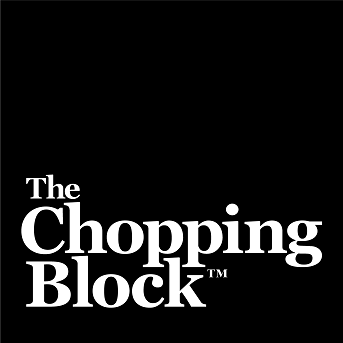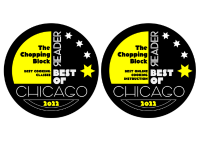A sandwich is a simple and versatile dish that can be made with almost any combination of ingredients. But what makes a sandwich a sandwich? Is it the bread? The filling? The shape? The origin? The answer is not so clear-cut, as different cultures and cuisines have their own definitions and variations of sandwiches. However, one possible way to approach this question is to look at the common elements that most sandwiches share.
The Bread
The bread is arguably the most essential component of a sandwich, as it holds the filling together and provides texture and flavor. The bread can be sliced, toasted, grilled, baked, or fried, and it can be made from wheat, rye, corn, rice, or other grains. Some examples of breads used for sandwiches are white bread, whole wheat bread, sourdough bread, baguette, ciabatta, pita bread, tortilla, naan bread, and brioche.

The Filling
The filling is what gives a sandwich its personality and character. It can be savory or sweet, hot or cold, meaty or vegetarian, spicy or mild, creamy or crunchy. The filling can be sliced, chopped, shredded, spread, or layered, and it can include meats, cheeses, eggs, vegetables, fruits, nuts, sauces, condiments, herbs, and spices. Some examples of fillings used for sandwiches are ham and cheese, peanut butter and jelly, tuna salad, BLT (bacon, lettuce, and tomato), chicken salad, egg salad, roast beef and horseradish, turkey and cranberry sauce, and grilled cheese.

The Shape
The shape of a sandwich can vary depending on the type of bread and filling used. Some sandwiches are cut into triangles or rectangles, some are rolled or wrapped, some are stacked or layered, and some are open-faced or closed. Some examples of shapes used for sandwiches are club sandwich (three slices of bread with two layers of filling), wrap (a tortilla or flatbread rolled around a filling), croque monsieur (a grilled ham and cheese sandwich topped with béchamel sauce), panini (a pressed and toasted sandwich), burrito (a tortilla filled with rice, beans, meat, cheese, and salsa), and smorrebrod (a Danish open-faced sandwich with various toppings on rye bread).
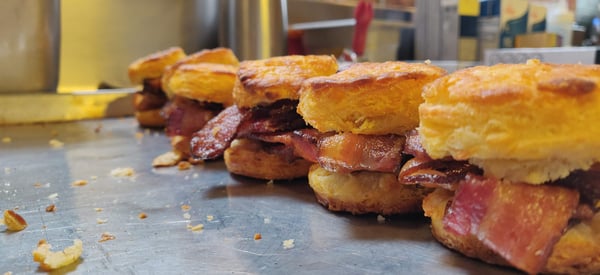
The Origin
The origin of a sandwich can be traced back to different times and places in history. According to one popular legend, the sandwich was invented by John Montagu, the 4th Earl of Sandwich, in the 18th century in England. He was a gambler who did not want to leave his card table to eat, so he asked for some meat between two slices of bread that he could eat with one hand. However, there are earlier records of similar dishes in other cultures, such as the ancient Jewish practice of placing meat and cheese between two pieces of matzo during Passover, the medieval European custom of using stale bread as a plate for meats and sauces, and the Arabic tradition of stuffing pita bread with various fillings.

Conclusions
When it’s all said and done, more dishes then we thought are classified as sandwiches. Things like tacos, hot dogs, burritos, tartines and many more. A sandwich is nothing more than any quantity of food that is held within some form of bread. Personally though, if we are picking favorites, mine would have to be a solid fried chicken sandwich which I feel can be found almost anywhere nowadays. When I make them myself, I like to include a secret ingredient that results in a sandwich with a crispy crunch unlike all the rest. That secret ingredient I use is cornflakes in the breading of the chicken.
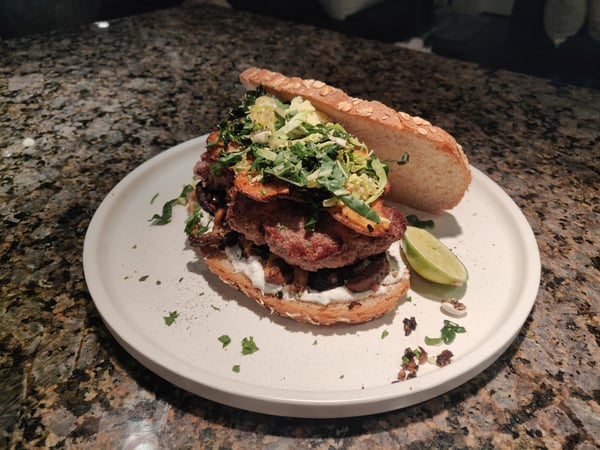
Fried Chicken Sandwich with Cornflakes
One of the most popular and delicious sandwiches in recent years is the fried chicken sandwich. It consists of a crispy fried chicken cutlet served on a soft bun with various toppings and sauces. There are many ways to make a fried chicken sandwich, but one of the best methods is to use cornflakes as part of the breading. Cornflakes add extra crunch and flavor to the chicken, and they also help to seal in the juices and keep the meat moist.
Here is how you can make your own fried chicken sandwich with cornflakes at home:
Scroll down for a printable version of this recipe
Serves: 4
Marinade
- 4 boneless skinless chicken breasts
- 1 cup Buttermilk
Breading
- 2 cup all-purpose flour
- 3/4 cups cornflakes
- 1 Tbsp Garlic Powder
- 2 tsp Onion Powder
- 2 tsp Paprika
- 2 tsp Salt
Sandwich
- 4 brioche burger buns
- Your choice of toppings and sauces (such as lettuce, tomato, pickle, mayonnaise, mustard, ketchup, barbecue sauce, honey mustard sauce, ranch dressing, etc.) My preferred toppings are pickles, chipotle aioli, and a spicy slaw.
- If chicken is thick, pound it thinner (about 1 in thick) or cut down to size.
- Marinate chicken for 1 hour in buttermilk.
- Combine breading mixture together and then dip the marinated chicken breasts into breading. (if you want smaller cornflake pieces, put them in a bag and smash them/roll them with a rolling pin to desired size)
- Fry breading chicken for 4-5 minutes or until the internal temp of the chicken reaches 160-165F. (you can always cut into the chicken to check for color, should not be pink)
- Build sando.
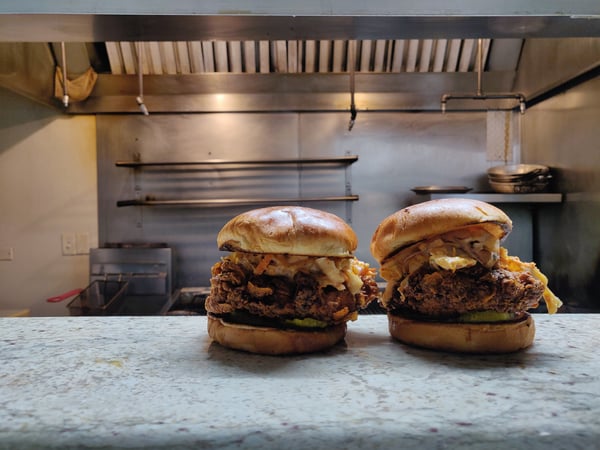
The Benefits of Cornflakes for Fried Chicken
Cornflakes are not only a breakfast cereal, but also a great ingredient for making fried chicken. Here are some of the benefits of using cornflakes for fried chicken:
- Cornflakes add a crispy and crunchy texture to the chicken, which contrasts well with the tender and juicy meat. Cornflakes also stay crisp for a long time after cooking, unlike bread crumbs or flour that can get soggy or oily.
- Cornflakes have a sweet and nutty flavor that complements the chicken and enhances its taste. Cornflakes can also be seasoned with salt, pepper, garlic, paprika, cayenne, or other spices to add more flavor and spice.
- Cornflakes are low in fat and calories compared to other breading options. A cup of cornflakes has only 100 calories and 0.5 grams of fat, while a cup of bread crumbs has 430 calories and 6 grams of fat. Cornflakes also absorb less oil during frying, making the chicken less greasy and more healthy.
- Cornflakes are easy to use and versatile for making fried chicken. You can simply crush them in a plastic bag or a food processor, then dip the chicken in egg and coat with cornflakes. You can also mix cornflakes with flour or panko for extra crunchiness. You can bake or fry the chicken in a skillet or an oven, depending on your preference.
As you can see, cornflakes are a wonderful way to make fried chicken at home. They give you a delicious and satisfying meal that is also good for you. Next time you make fried chicken, I recommend testing it with cornflakes or maybe even a different cereal. Thinking about it, a fruity pebble chicken and waffle breakfast doesn’t sound too bad to me.
If you are interested in learning more about fried chicken sandwiches, come check out our Family Night: Nashville Hot Chicken Sandwich class on May 13th at 6pm.
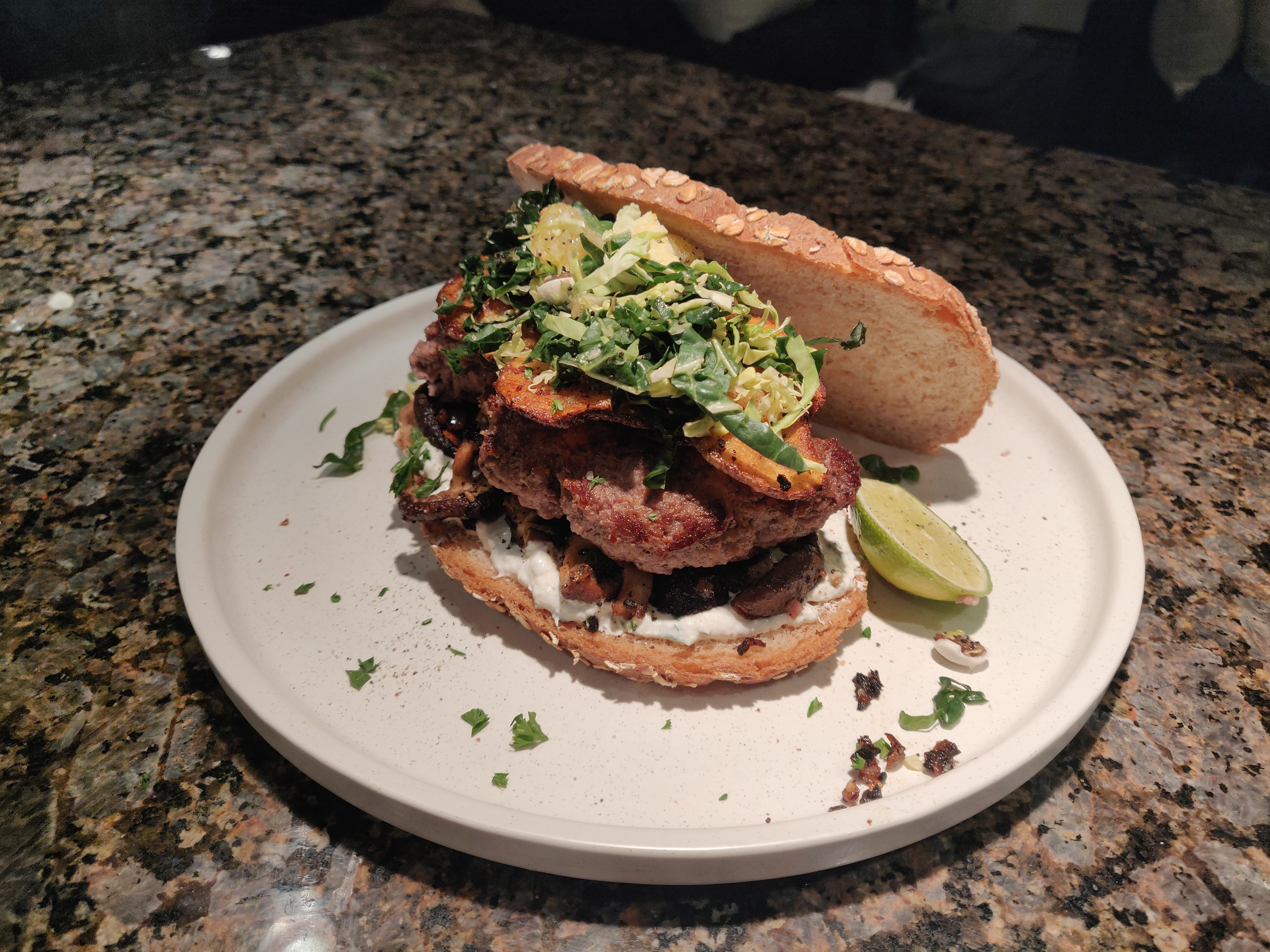
Fried Chicken Sandwich with Cornflakes
Ingredients
- 4 boneless skinless chicken breasts
- 1 cup Buttermilk
- 2 cup all-purpose flour
- 3/4 cups cornflakes
- 1 Tbsp Garlic Powder
- 2 tsp Onion Powder
- 2 tsp Paprika
- 2 tsp Salt
- 4 brioche burger buns
- Your choice of toppings and sauces (such as lettuce, tomato, pickle, mayonnaise, mustard, ketchup, barbecue sauce, honey mustard sauce, ranch dressing, etc.) My preferred toppings are pickles, chipotle aioli, and a spicy slaw.
Instructions
- If chicken is thick, pound it thinner (about 1 in thick) or cut down to size.
- Marinate chicken for 1 hour in buttermilk.
- Combine breading mixture together and then dip the marinated chicken breasts into breading. (if you want smaller cornflake pieces, put them in a bag and smash them/roll them with a rolling pin to desired size)
- Fry breading chicken for 4-5 minutes or until the internal temp of the chicken reaches 160-165F. (you can always cut into the chicken to check for color, should not be pink)
- Build sando.
